15 de May de 2025
Condominiums Without Rent Restrictions: What Should You Know?
Condominiums are an increasingly popular housing option in many cities around the world. However, not all condominiums are created equal, and one factor that can vary considerably is whether or not they have rent restrictions. Rent-free condominiums offer additional flexibility to owners, but they can also come with their own challenges. Here’s what you need to know about these types of condominiums:
What are Rent-Free Condominiums? Unrestricted rental condominiums are those in which owners have the freedom to rent out their units without limitations imposed by the homeowners’ association or condominium management. This means that owners can rent out their units short-term, long-term, or even use them as investment properties to generate rental income. Advantages of Unrestricted Rent Condominiums:
1. Income Potential: Owners have the opportunity to generate additional income by renting out their units, either continuously or sporadically.
2. Flexibility: Owners can decide when and how to rent out their units, giving them greater flexibility to suit their personal and financial needs.
3. Greater Investment Potential: Rent-free condominiums can be attractive to investors looking to purchase properties for rental purposes and earn a return on their investment.
Challenges of Rent-Free Condominiums:
1. Potential Neighborhood Issues: Frequent tenant turnover can create concerns for the neighboring community, such as excessive noise or a lack of commitment to the property. 2. Financial Difficulties: If a condominium has a high percentage of rental units, it may be more difficult for buyers to obtain mortgage financing.
3. Wear and Tear on Common Areas: A high volume of tenants can lead to greater wear and tear on common areas and a greater need for maintenance by the homeowners association. 4. Important Considerations:
5. Local Regulations: Make sure you know the local regulations and rental restrictions that may apply in your area. Some cities and counties may have their own regulations regarding short-term rentals.
6. Association Policy: Check the rules and regulations of the condominium’s homeowners’ association. Even if it advertises itself as “no rental restrictions,” the association may still have specific policies that you must follow. 7. Maintenance and Management: Consider how the property will be managed and how upkeep will be handled if you decide to rent out your unit. It may be helpful to hire a property manager or management company if you can’t manage it yourself. Unrestricted condos offer owners greater flexibility in renting out their units, but they also come with potential challenges related to maintenance, neighbor relations, and local regulations. Before making a decision, thoroughly research the homeowners association’s policies and consider your long-term personal and financial goals.
What are Rent-Free Condominiums? Unrestricted rental condominiums are those in which owners have the freedom to rent out their units without limitations imposed by the homeowners’ association or condominium management. This means that owners can rent out their units short-term, long-term, or even use them as investment properties to generate rental income. Advantages of Unrestricted Rent Condominiums:
1. Income Potential: Owners have the opportunity to generate additional income by renting out their units, either continuously or sporadically.
2. Flexibility: Owners can decide when and how to rent out their units, giving them greater flexibility to suit their personal and financial needs.
3. Greater Investment Potential: Rent-free condominiums can be attractive to investors looking to purchase properties for rental purposes and earn a return on their investment.
Challenges of Rent-Free Condominiums:
1. Potential Neighborhood Issues: Frequent tenant turnover can create concerns for the neighboring community, such as excessive noise or a lack of commitment to the property. 2. Financial Difficulties: If a condominium has a high percentage of rental units, it may be more difficult for buyers to obtain mortgage financing.
3. Wear and Tear on Common Areas: A high volume of tenants can lead to greater wear and tear on common areas and a greater need for maintenance by the homeowners association. 4. Important Considerations:
5. Local Regulations: Make sure you know the local regulations and rental restrictions that may apply in your area. Some cities and counties may have their own regulations regarding short-term rentals.
6. Association Policy: Check the rules and regulations of the condominium’s homeowners’ association. Even if it advertises itself as “no rental restrictions,” the association may still have specific policies that you must follow. 7. Maintenance and Management: Consider how the property will be managed and how upkeep will be handled if you decide to rent out your unit. It may be helpful to hire a property manager or management company if you can’t manage it yourself. Unrestricted condos offer owners greater flexibility in renting out their units, but they also come with potential challenges related to maintenance, neighbor relations, and local regulations. Before making a decision, thoroughly research the homeowners association’s policies and consider your long-term personal and financial goals.


